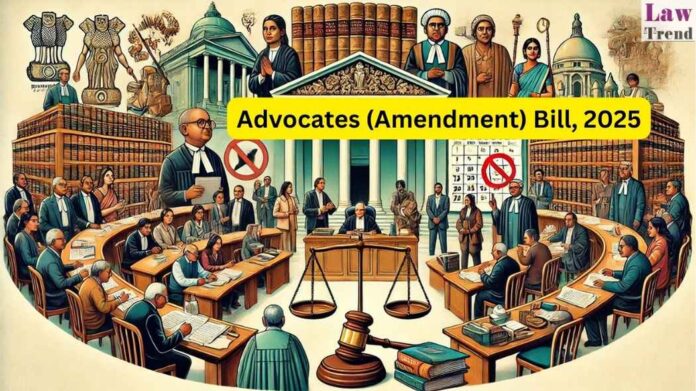The Bar Council of India (BCI) has issued a stark warning to the Union Law Ministry regarding the proposed Advocates (Amendment) Bill, 2025, which, according to the BCI, contains provisions that could severely undermine the autonomy of the legal profession. The draft bill, released on February 13 for public commentary, has already spurred widespread agitation and strikes among lawyers, particularly in Delhi’s district courts.
BCI Chairman Manan Kumar Mishra conveyed in a formal letter that the final draft included unilateral insertions not previously discussed with legal authorities, directly threatening the independence of the BCI. “The draft attempts to demolish the very concept of autonomy and independence of the Bar,” the BCI stated, emphasizing the gravity of the situation.
Controversial Aspects of the Draft Bill
1. Government Influence: The proposal includes a clause allowing the Central government to appoint up to three members to the BCI, a development the BCI deems as a direct affront to its independence.
2. Regulation of Foreign Legal Practitioners: The draft seeks to shift regulatory authority from the BCI to the Central government, contradicting the Supreme Court’s directives in the AK Balaji case that assigned this responsibility to the BCI.
3. Directive Powers to the Government: A contentious section of the bill would allow the Central government to issue binding directives to the BCI, which the Council argues would undermine its self-regulation.
4. Changes in Enrollment and Fees: The bill proposes that the government rather than the BCI should determine the fee structure for legal practitioners, which the BCI argues could lead to arbitrary and confusing fee arrangements.
5. Definitions and Legal Practice: The draft bill blurs the definitions related to legal practitioners and omits a clear definition of “practice of law” proposed by the BCI, risking unregulated foreign legal practices within India.
6. Advocate Removal Provisions: The bill sets a three-year sentence threshold for removing advocates from the state roll, which the BCI believes should be increased to seven years to avoid unfairly penalizing legal professionals.
7. Lack of Welfare Measures: Proposed welfare and protection measures for advocates, including insurance and healthcare, have been excluded from the draft bill.
8. Handling of Strikes and Boycotts: The draft improperly seeks to categorize strikes and boycotts as misconduct, despite existing laws capable of handling such disruptions, according to the BCI.
The BCI’s letter underscores a serious discord between the legal community and the Law Ministry over the proposed amendments. With protests escalating, the BCI is pressing for a significant revision of the draft to ensure the continued independence and self-regulation of the legal profession in India.




